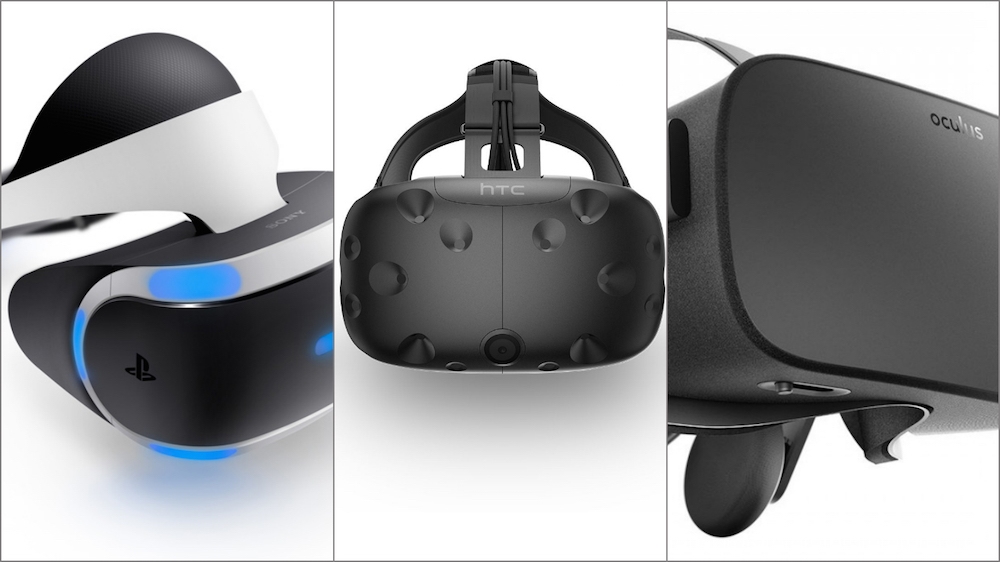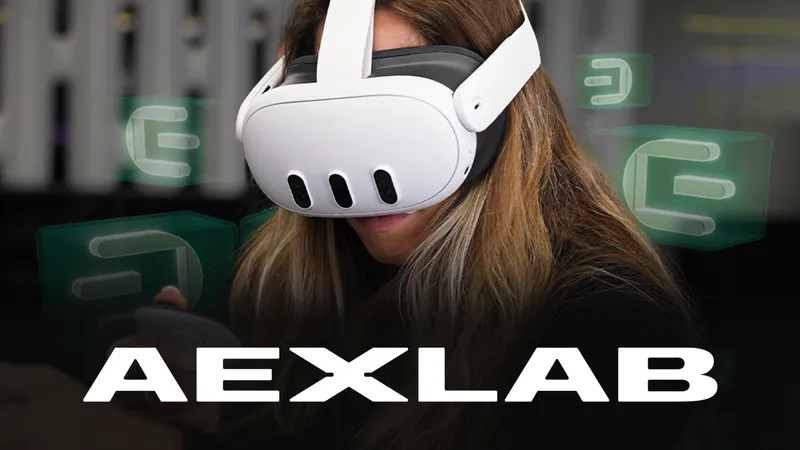Before the calendar ever turned over from 2015 to 2016 people were already dubbing this as the “year of virtual reality.”
This monicker was given for good reason. In 2016, we’ve seen not one, not two, but three high-end, ultra-powerful virtual reality headsets go from hyped future products to fully released consumer electronics, as well as a few new contenders on top of that. It may seem hard to believe now, but just a few months ago the HTC Vive, Oculus Rift and PlayStation VR HMDs were available active developers only. Now, hundreds of thousands of us have portals to the metaverse sitting in our homes. Our access to VR, therefore, has undergone a gargantuan shift in the past twelve months. The question now becomes what a societal transformation on this level will mean for the future.
Our question for you readers today is this: What will happen to VR in 2017? What effects will the steps taken today have on the VR community of tomorrow? Before you devour each other in the comments let me outline a few considerations.
The first is to remember where we currently stand. The best and most recent estimates sales for the “big three” headset manufacturers at about 350,000, 450,000 and 750,000 for Oculus, HTC and Sony respectively. These devices are most likely not going to be million sellers by the end of 2016, but what do you — the savvy VR enthusiast — think will happen to those numbers in the year or years to come?
Secondly, consider the scope. When you throw chum in the water you attract sharks. This year the waters of consumer electronics have begun to run red with the attractive scents of a growing immersive industry. What this means is that all of those ancillary industries are beginning to stir their collective energies towards VR. Content creators, accessory manufactures, and other third party entities have certainly begun to swarm towards the VR gold rush, but do you think that enthusiasm will hold as we move into 2017 and beyond?
Lastly, try to think big. If someone told you ten years ago that you would have an honest-to-goodness virtual reality system in your home you would’ve blocked them from your MySpace page for life. So what about the next 10 years? How much cooler do you think things can get for VR as time, money and interest increase?
Let us know in the comments below!


























